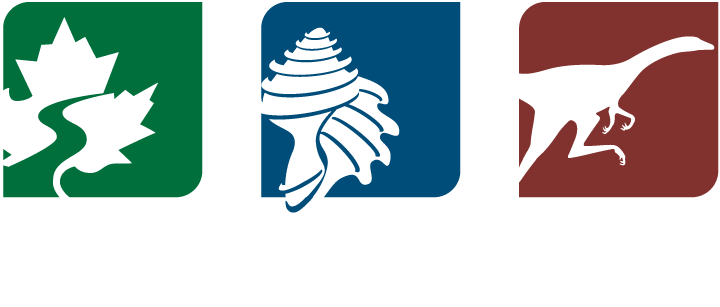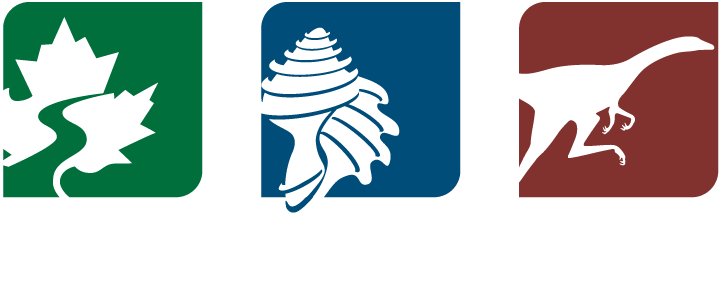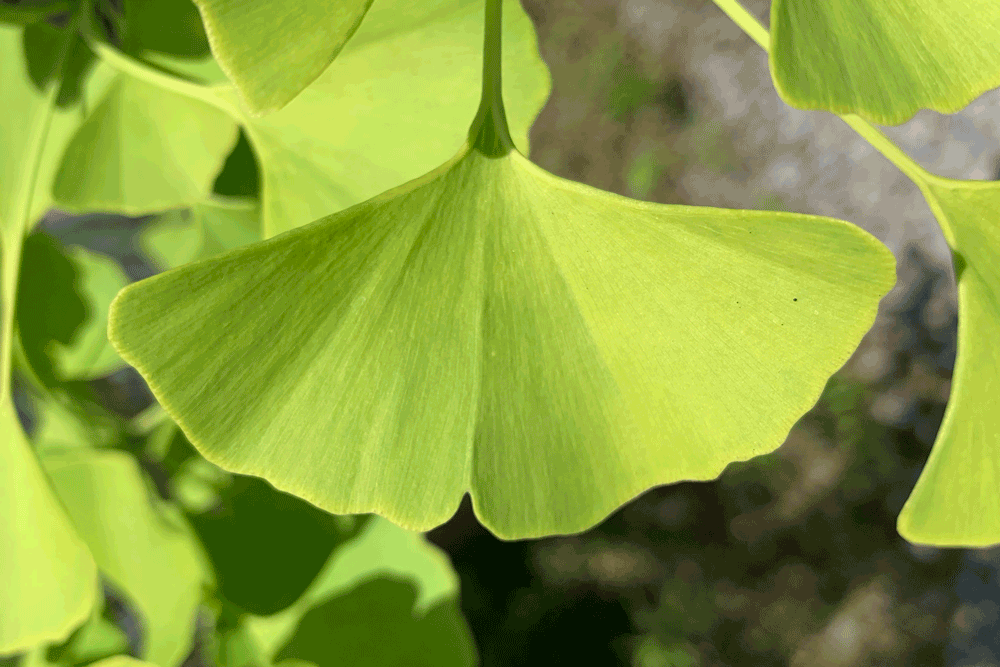The Paleontological Research Institution and its Museum of the Earth, as institutions of science and education, embrace the theory of evolution, which is the unifying concept of all biological sciences. While there remains ongoing lively debate about the processes and mechanisms of evolutionary change—that is, how evolution occurs—essentially all qualified scientists fully endorse the idea that all organisms on earth share a common ancestry and that life’s unfolding has encompassed billions of years of time.
The word biodiversity refers to the great diversity of species alive on Earth today, as well as the plants, animals, and other life forms that existed in the past. The scientific research of several PRI paleontologists is focused on the study of ancient biodiversity and what it tells us about the evolutionary histories of particular taxonomic groups, as well as the evolutionary process in general.
Research on Evolution & Biodiversity
PRI paleontologists use the fossil record to study ancient biodiversity in order to document evolutionary history.
Research Collection
PRI is home to over seven million specimens that represent many thousands of species. This record of ancient biodiversity is used by paleontologists from around the world to study evolution and extinction.
Evolution & Biodiversity Education
PRI provides a variety of educational programs related to evolution and biodiversity.





